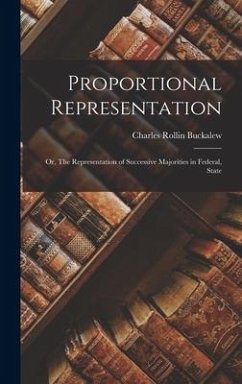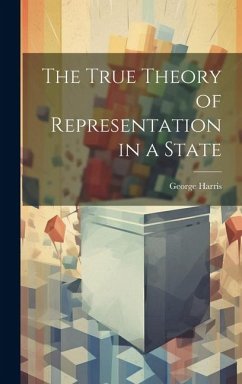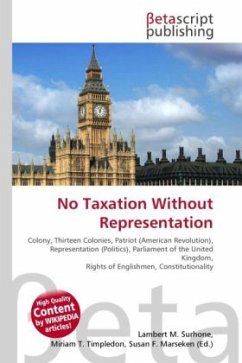
No Taxation Without Representation
Versandkostenfrei!
Versandfertig in 6-10 Tagen
23,99 €
inkl. MwSt.

PAYBACK Punkte
12 °P sammeln!
High Quality Content by WIKIPEDIA articles! "No taxation without representation" began as a slogan in the period 1763 1776 that summarized a primary grievance of the British colonists in the Thirteen Colonies. In short, many in those colonies believed the lack of direct representation in the distant British Parliament was an illegal denial of their rights as Englishmen, and therefore laws taxing the colonists (the kind of law that affects the most individuals directly), and other laws applying only to the colonies, were unconstitutional. In recent times, it has been used by several other group...
High Quality Content by WIKIPEDIA articles! "No taxation without representation" began as a slogan in the period 1763 1776 that summarized a primary grievance of the British colonists in the Thirteen Colonies. In short, many in those colonies believed the lack of direct representation in the distant British Parliament was an illegal denial of their rights as Englishmen, and therefore laws taxing the colonists (the kind of law that affects the most individuals directly), and other laws applying only to the colonies, were unconstitutional. In recent times, it has been used by several other groups in several different countries over similar disputes. The phrase captures a sentiment central to the cause of the English Civil War, as articulated by John Hampden who said what an English King has no right to demand, an English subject has a right to refuse in the Ship money case.



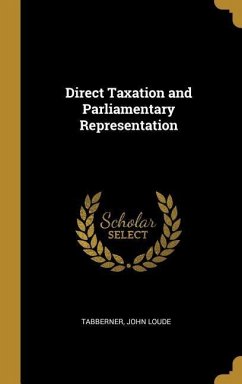

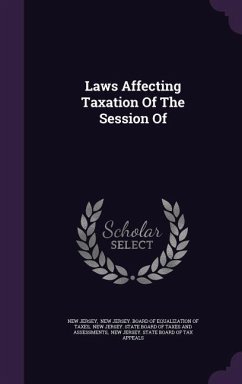
![Local Taxation in London [electronic Resource] Cover Local Taxation in London [electronic Resource]](https://bilder.buecher.de/produkte/65/65206/65206163n.jpg)
